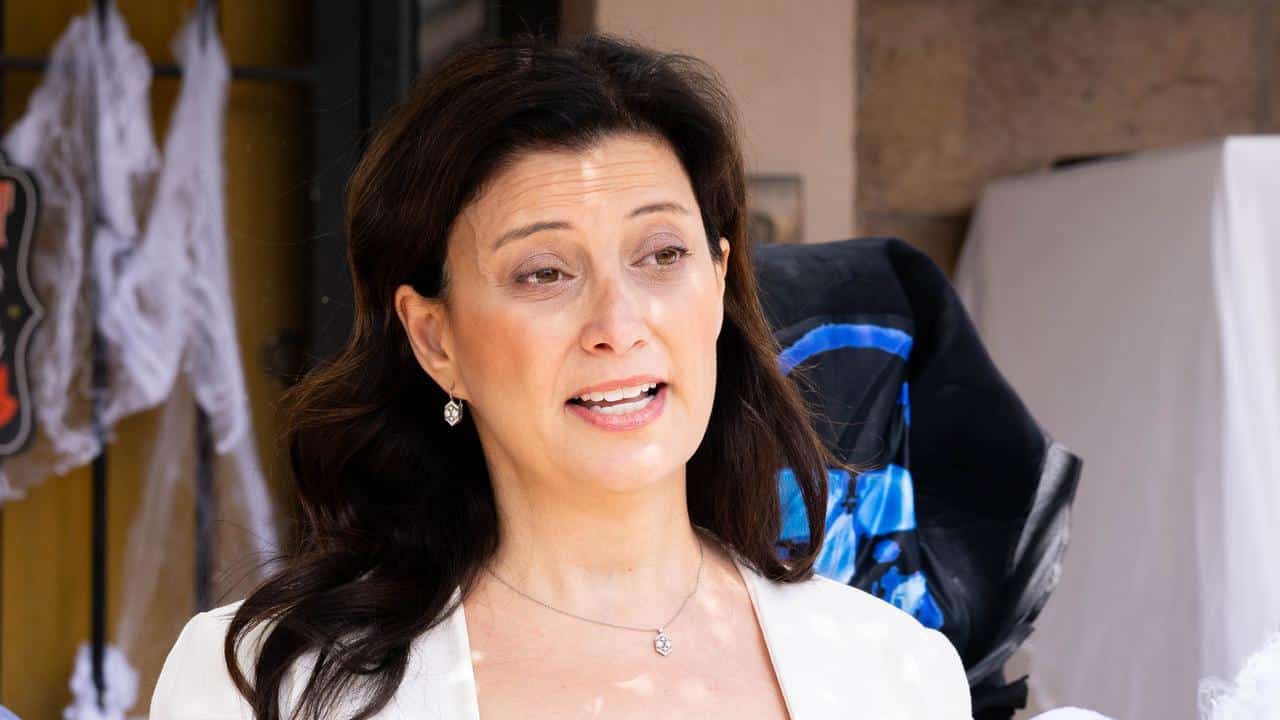“An independent panel investigating the APY Art Centre Collective has found substantial evidence of wrongdoing in every area that it was tasked to investigate by the South Australian government, including fraud, bullying and white hands on black art”.
That’s the claim of relentless journalist, Greg Bearup at The Australian newspaper. He goes on to add, “Sources close to the tri-government review have told The Weekend Australian the panel found “substantial wrongdoing” in every area it was tasked to investigate after spending six months interviewing more than 200 people from the sector”.
However, the SA Government, which initiated the review with NT and Federal arts ministers, isn’t nearly as clear on that “substantial evidence”. It says: “The Panel considered current and historical allegations that APYACC staff intervened in the artwork of Indigenous artists connected to the APYACC, that efforts were made to conceal this activity, that APYACC was not supporting culturally safe work practices, as well as assessing management practices and terms of engagement for artists”.
But as a result, because “The panel couldn’t compel witnesses, they couldn’t offer whistleblower protection … but they found sufficient information to warrant them referring matters to these regulatory bodies,” according to quotes from SA Arts Minister Andrea Michaels.
And the bodies that now are handed the problem – belatedly, one might argue since this whole process was kicked off by The Australian on 8th April 2023 – are, the Office of the Registrar of Indigenous Corporations (ORIC) regarding matters of governance and management practice; and, the Australian Competition and Consumer Commission (ACCC) regarding consumer protection and contracting matters. Both have the power to initiate criminal and civil proceedings.
In July, the SA Government announced the review into the APYACC to be conducted by Megan Krakouer – a Menang Woman of the Noongar Nation and a renowned activist, social justice advocate and law reformer. Megan is a Director of both the National Suicide Prevention and Trauma Recovery Project, and of the South West Aboriginal Land and Sea Council; by SA Lawyer Anne Sibree; and by Cameron Costello – a Quandamooka man from Moreton Bay in Queensland, who sits on the State’s Healthy Land and Water Board and is Deputy Chair of the Queensland Tourism Industry Council.
According to the Panel, the overwhelming response from participants is that they want the matter resolved and for the industry to move forward. “This review was about ensuring that Aboriginal artists are being respected and that the integrity of their art is being maintained. We are committed to supporting our First Nations artists to share their art with the world for the future”.
Which all suggests to those outside the loop that the 8 months of pain and confusion (now extended indefinitely) surrounding the artists, the National Gallery which had to cancel a major exhibition of their work, the National Gallery’s own enquiry which came to conclusion there was nothing to see, and the wider First Nations art industry which has almost unanimously come down against the APYACC, that a swifter solution should surely have been found.
An undoubted stumbling block to this, though in the continuing refusal of APYACC general manager Skye O’Meara to stand down from office, a decision which continues to have the support of her governing board, lead by artist Sally Scales.
Oddly that body has released a supposedly confidential note from the Review Panel declaring that “It was not its job to make, and has not made, any findings or is inferring or determining guilt or innocence of the APYACC on matters referred”.
Which would seem to make nonsense of Arts Minister Michaels’s statement that “they found sufficient information to warrant them referring matters to these regulatory bodies”.
Duh!


